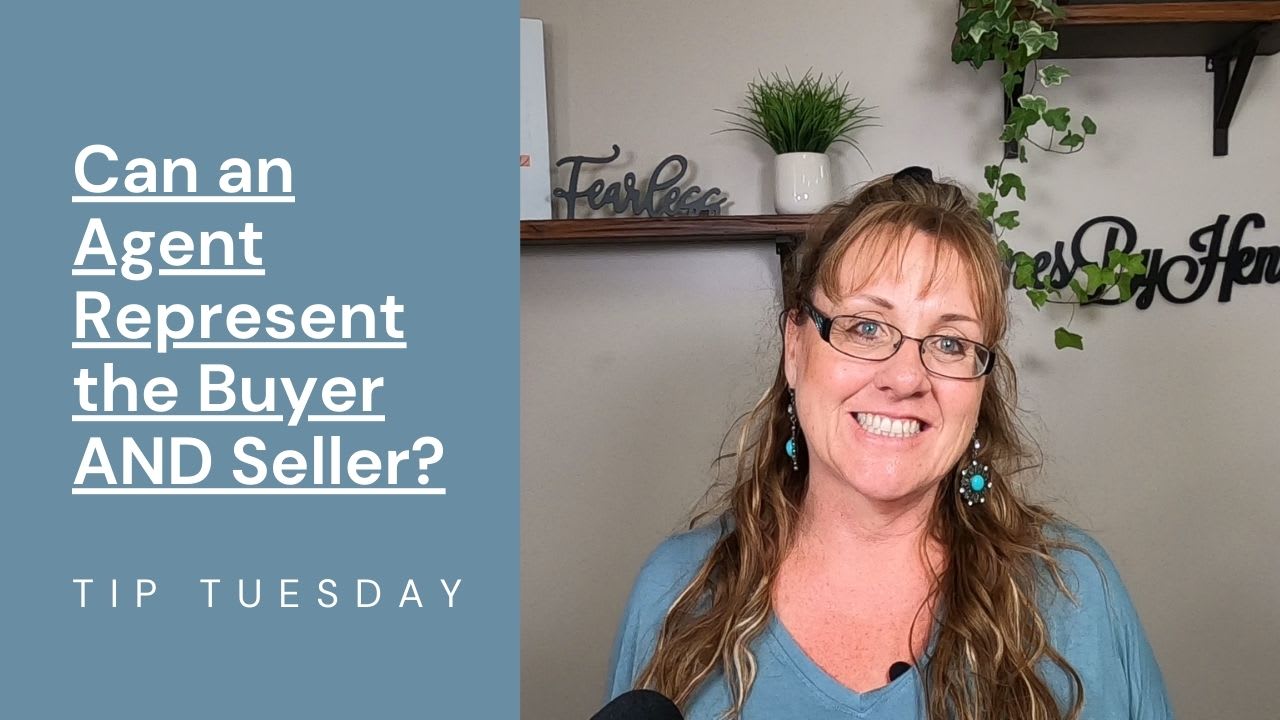
Agency Disclosure:
Our topic for today is Agency disclosure! There are 3 steps in Agency:
-
Disclose
-
Confirm
-
Accept
Today we will discuss the Disclosure part.
The Agency Disclosure might look familiar to you because it is the first 2 pages a seller sees before signing a Listing Agreement and before a buyer signs a Purchase Agreement. This is a disclosure, it is not a contractual agreement to exclusively work with that agent, but the purpose of this document is to make sure the Buyer and Seller understand the relationship they have with that Agent and what the Agent’s responsibility is to the client.
There are 3 types of Agency and In any of these scenarios, The Agent must act in the best interest of their client, be loyal, and maintain confidentiality. They also have a fiduciary duty to their client. What does that mean? I looked up the definition of Fiduciary Duty: In the U.S. legal system, a fiduciary duty describes a relationship between two parties that obligates one to act solely in the interest of the other.
-
Seller’s Agent: This is when the Agent is representing only the Seller otherwise known as the Listing Agent. The Agent must get the best price and terms for the Seller. However, the Agent also has some obligations to the buyer, they are required to disclose ALL material facts affecting the value or desirability of the property. For example, the Agent is aware and knows that there was a class action suit on the builder of the home, maybe the seller isn’t aware, and the Agent is obligated to disclose that information to the buyer.
-
Buyer’s Agent: This is when the Agent is representing only the buyer, otherwise known as the Selling Agent. Similar to the Listing Agent, they must try and get the best price and terms for the buyer. They also must review all disclosures, reports, and inspections with the buyer and assist the buyer in determining if buying the home is in the best interest of the buyer.
-
Agent Representing Both Seller and Buyer: This is when the Agent is representing Both Buyer and Seller in the same Real Estate Transaction. Side note: When I say “Agency” or “Agent” I am referring to the Company or Agency the Agent works for, for example, VANCO Real Estate. This can only be done with the knowledge and consent of both parties, that is where this disclosure comes in. After reviewing the duties of the Listing Agent and the Buyer’s Agent, you can see how this could seem like a conflict of interest. It could be very difficult for the Agent because the agent has an obligation to both parties and must negotiate in the best interest of both parties. Some buyers feel they will get a better deal if they work with the Listing Agent and in all actuality, it does not benefit them. If the Listing Agent takes their Agency Relationship seriously, it could be a disadvantage for the buyer to exclusively work with a Listing Agent.
Anytime an Agency relationship changes, it MUST be redisclosed!




